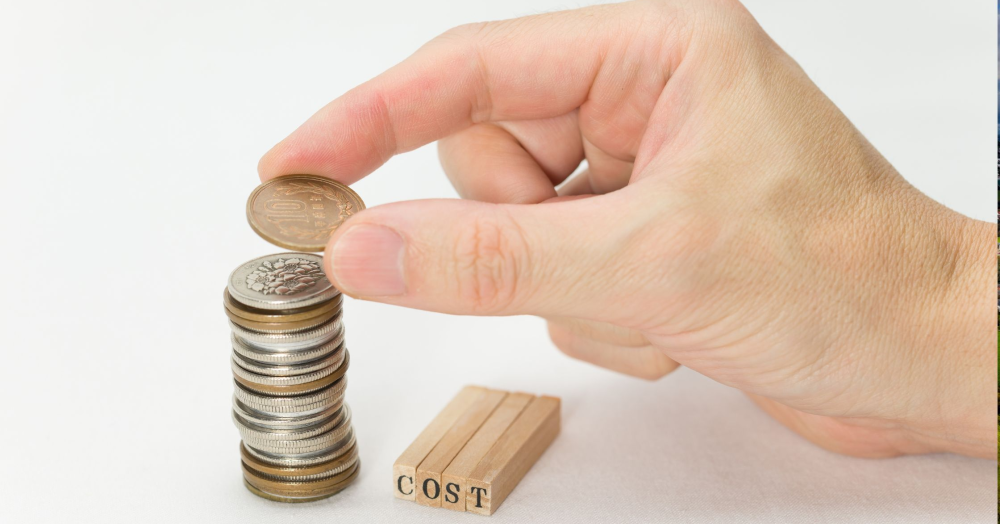Moving house is an exciting milestone — but it can also come with a fair share of hidden or unexpected costs. Whether you’re buying your first home, upsizing, or selling a long-term property, understanding the full financial picture helps you plan confidently and avoid last-minute surprises.
For Buyers: The True Cost of Buying a Home
1. Deposit
Your biggest upfront cost. Most buyers will need at least 5–10% of the property price as a deposit, though a larger deposit often means better mortgage rates.
2. Mortgage Fees
Depending on your lender, you may face arrangement fees, valuation fees, and sometimes early repayment charges if you switch products later. These can range from a few hundred to over a thousand pounds.
3. Survey Costs
A property survey checks the condition of the home and flags any structural issues.
Condition Report: from around £300
Home Buyer Report: £400–£800
Building Survey: £800–£1,500+
While it might feel like an optional expense, a survey can save you from costly repairs later.
4. Conveyancing (Legal Fees)
Conveyancing is the legal process of transferring ownership. Solicitor or conveyancer fees usually range between £800–£1,500, depending on complexity and whether the property is freehold or leasehold.
5. Stamp Duty Land Tax (SDLT)
Stamp Duty applies to properties over £250,000 in England (different thresholds apply in Wales and Scotland). First-time buyers often benefit from reduced rates, so always check the latest government guidance or ask your agent for an estimate.
6. Moving and Removal Costs
Professional removals make moving day much smoother. Costs typically range between £300–£1,000, depending on distance, property size, and how much you move yourself.
7. Insurance
You’ll need buildings insurance in place from the day you exchange contracts, plus contents insurance for peace of mind once you move in
For Sellers: The Key Expenses to Plan For
1. Estate Agent Fees
Estate agency fees are usually charged as a percentage of the final sale price — typically 1% to 2% + VAT for sole agency agreements. It’s worth comparing what’s included, such as professional photography, marketing, and accompanied viewings.
2. Conveyancing Fees
Just like buyers, sellers also need a solicitor or conveyancer to handle the legal side. Expect to pay between £600–£1,200.
3. EPC (Energy Performance Certificate)
You’re legally required to provide an EPC before marketing your property. These are valid for 10 years and usually cost £60–£120.
4. Mortgage Redemption Fees
If you still have a mortgage, your lender may charge an admin fee or an early repayment penalty when you sell — check your mortgage terms to avoid surprises.
5. Removals and Cleaning
Budget for professional removers or van hire, plus any end-of-tenancy or pre-sale cleaning costs if you’re keen to present your property in its best light.
Top Tip: Plan Ahead for a Smooth Move
It’s easy to underestimate how costs add up. Create a simple moving budget early in the process, and factor in a small contingency (around 5–10%) for unexpected expenses.
Your estate agent can also help guide you through each stage, ensuring you understand what’s due and when. Transparency from the start helps you make informed decisions — and keeps your move as stress-free as possible.
Ready to Make Your Move?
Whether you’re buying, selling, or both, our team is here to help make the process simple and transparent from start to finish. Get in touch today for friendly advice or a free market appraisal.

